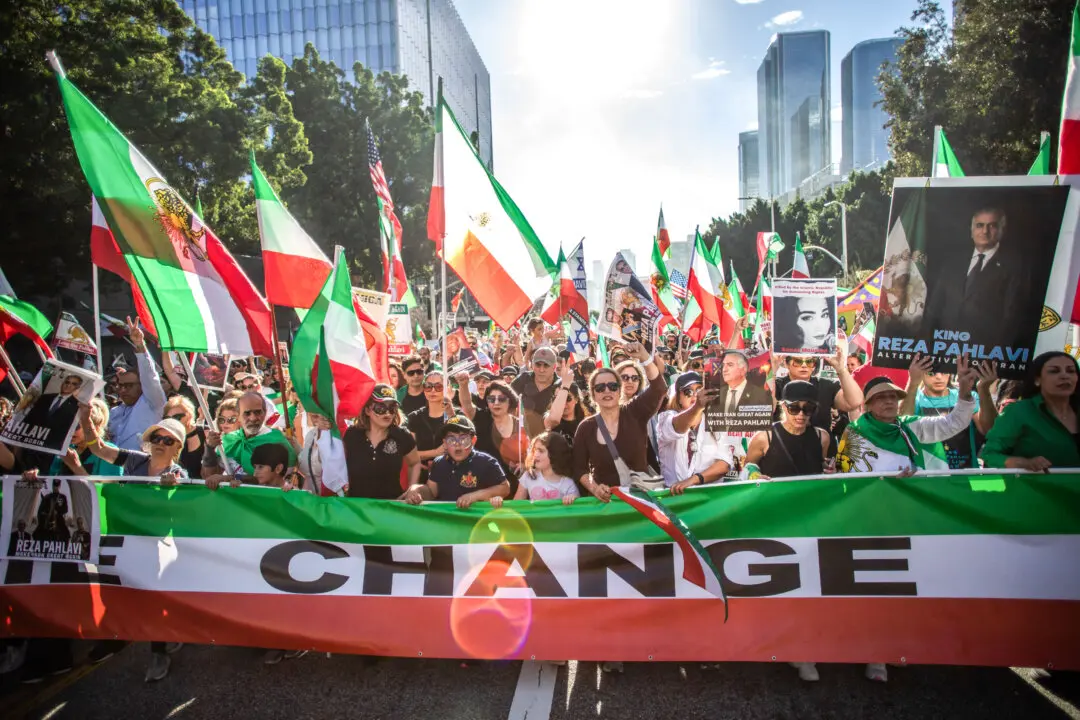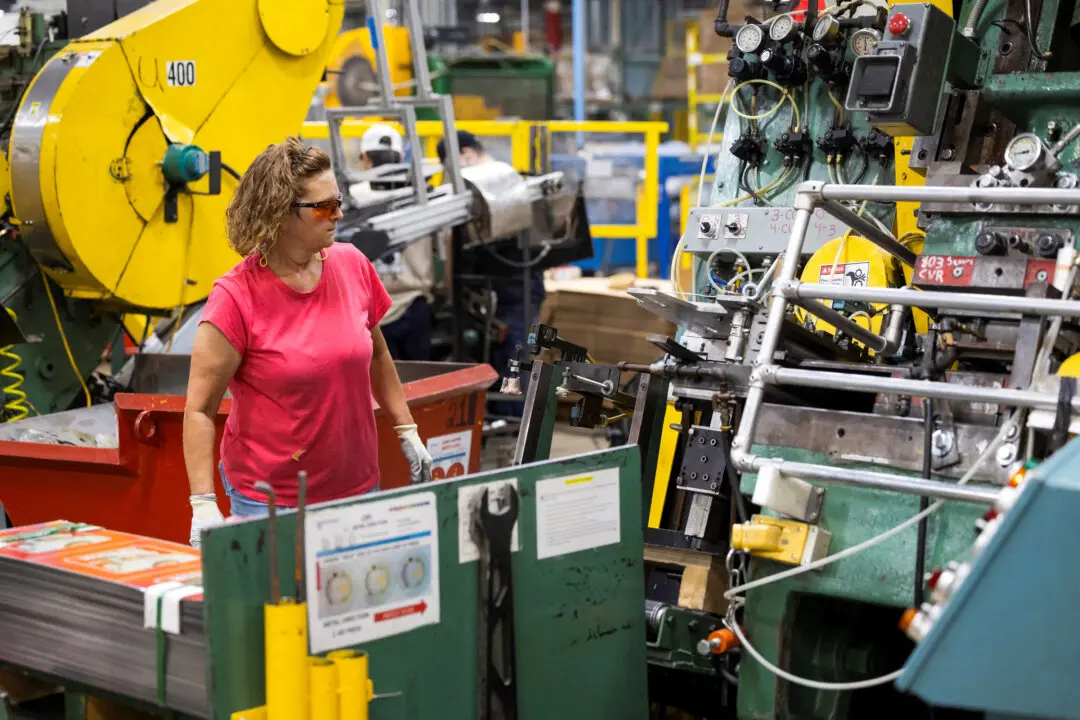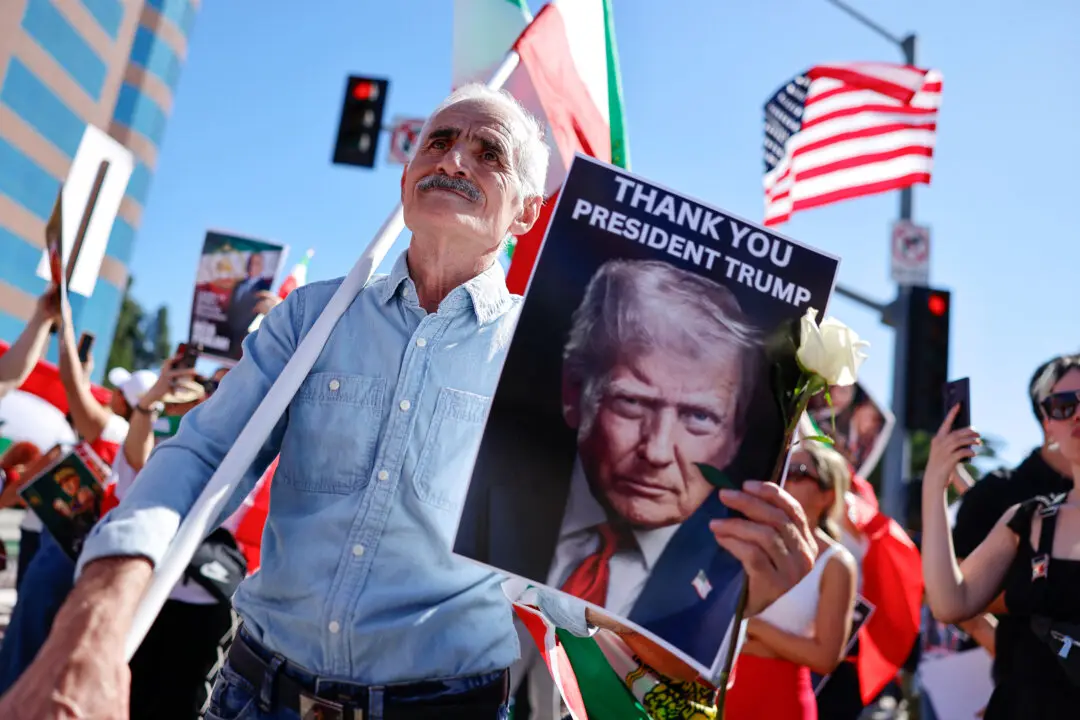Despite a global scandal about fuel emissions, Volkswagen beat Toyota in selling the most cars in the world in 2016. Volkswagen became the biggest carmaker in the world because of growth in China, its single biggest market.
But dependence on the Chinese market could disappoint the carmaker in the long term.
Volkswagen has set aside billions for fines and legal fees since the emissions scandal erupted in September 2015, hurting its earnings. The scandal harmed the brand’s reputation in the United States and Europe, but it was not a big issue in China, where diesel passenger cars are rare.
“Chinese consumers have a deep trust in German brands, in particular, German car brands. So, Volkswagen, Audi, Mercedes, BMW, and Porsche all are doing exceptionally well in the market,” said Michael Dunne, president of Dunne Automotive, a Hong Kong-based firm specializing in Asia’s car markets, and author of “American Wheels, Chinese Roads.”






